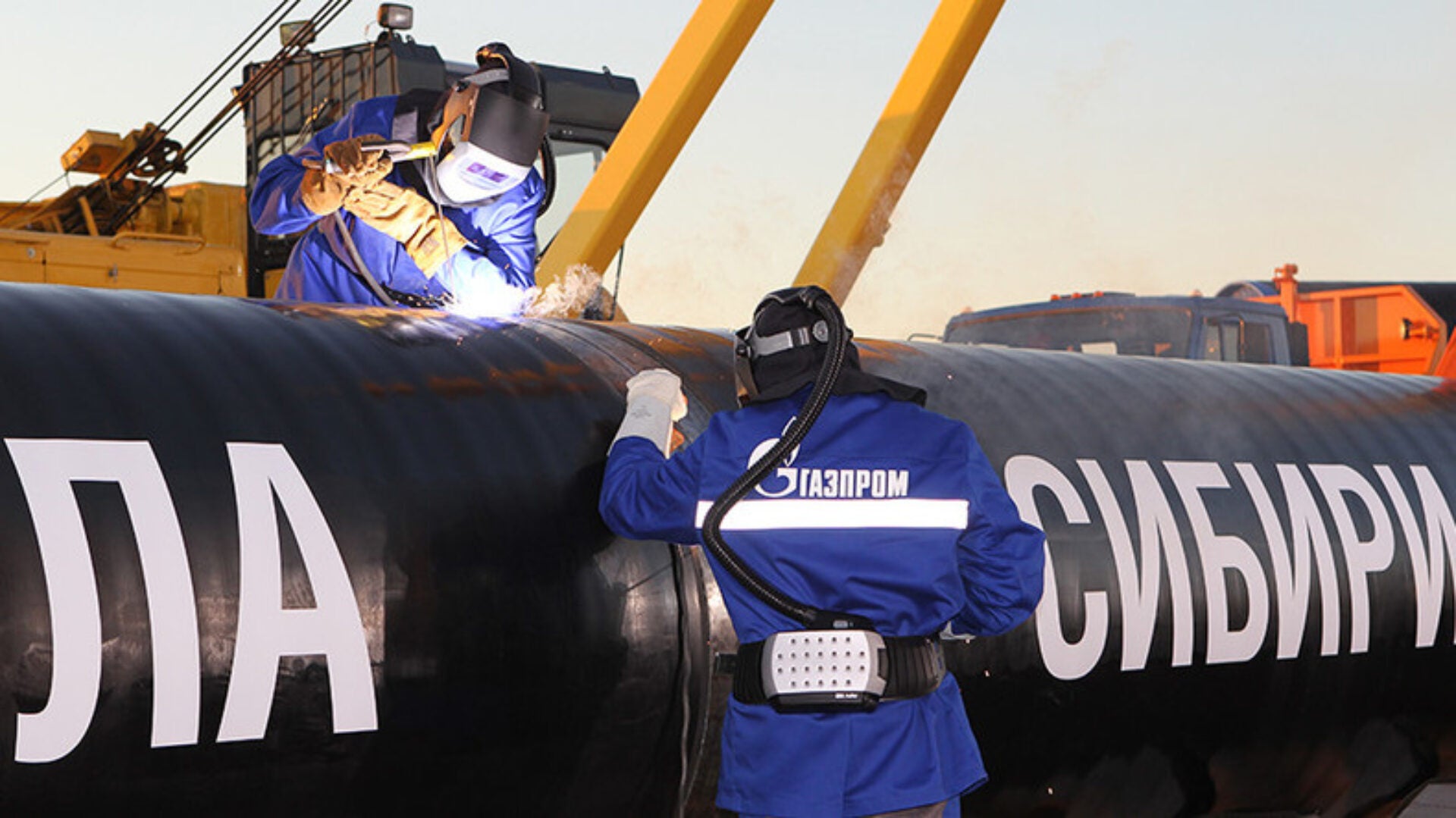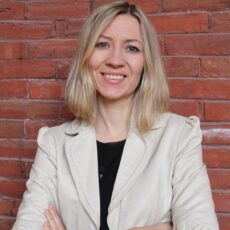
Yamal LNG – A Big Win for Russian Gas?
On December 8, a first LNG cargo left Russia’s Yamal Peninsula. The event has been considered a great win not only by Yamal LNG shareholders but also by the Russian government, which sees the project as a first step to Russia’s becoming the world’s top LNG player. Yamal LNG was completed on time despite difficult Arctic conditions and technological and financial difficulties compounded by U.S. sanctions. But, as it often happens, the reality and the effects of Russia’s new endeavor are more nuanced.
To begin, Yamal LNG has not been the first Russian LNG facility. The first one—Sakhalin 2—has been operating since 2009, delivering LNG mainly to the Asia-Pacific region. The project has been managed by state-owned Gazprom, until recently, the only Russian company allowed to export natural gas.
In 2013, the Russian government allowed Russian companies other than Gazprom to export natural gas but only in the form of LNG while keeping Gazprom export monopoly in piped gas. The decision allowed Novatek, a private Russian company, to pursue the Yamal project.
The project was completed on time despite significant headwinds caused by U.S. sanctions, which have blocked technology transfer and made financing of the investment extremely difficult. But at the end, Novatek was able to secure both financing and technology transfer thanks to collaboration with France’s Total, China’s National Petroleum Corportation and China’s Silk Road Fund. But the project could not be successful if not for significant support from the Russian government, which extended a 12-year Mineral Extraction Tax holiday toward the project, subsidized part of construction activity, and exempted LNG from export taxes.
Yamal’s success stands in stark contrast to the failure of LNG projects planned by Russian national companies Gazprom and Rosneft. As a result, Novatek has grown to Russia’s LNG leader—protected but not owned by the Russian government. This realization should give pause to Gazprom, particularly as it considers its position in Europe.
Similar to Sakhalin 2, Yamal LNG is focused on LNG delivery to Asia. However, due to Arctic conditions it is only able to do so directly during the summer months. Over the remaining part of the year, Yamal LNG will take a longer delivery route via Europe. Such availability of Yamal LNG in Europe over the cold period—when natural gas is particularly in demand—bodes well for the European market and EU’s push toward energy security and diversification of supply.
But this does not bode well for Gazprom’s position in Europe, as its list of competitors will expand from Norway, Qatar, and the U.S. to include also a Russian company. The pressure is even greater when one considers the pushback Gazprom has faced in Europe with respect to the company’s vertical structure and monopolistic practices,
The pushback institutionalized within the EU’s Third Energy Package has been visible on many levels, including: 1) difficulties to acquire a permit for a second set of pipelines (Nord Stream 2) that would bring more Russian gas under the Baltic Sea directly to Germany; 2) active litigation against Gazprom’s monopolistic practices, and 3) new infrastructure projects that involve new pipeline interconnectors and LNG import facilities that diversify European supply, .
All of the above make access to the European market increasingly difficult for Gazprom, but these conditions do help other natural gas suppliers, including Yamal LNG, which needs a winter home for its gas during the time when Artic temperatures limit direct delivery to Asia. As a result, Gazprom and Novatek may end up competing for the same market, which may undermine Gazprom’s market position, and potentially reduce Russia’s geopolitical influence in regions most dependent on Russian gas.
To sum up, Novatek’s Yamal LNG has been an undisputed accomplishment, but it is unclear whether it will have a net positive influence on Russia’s position in natural gas exports. It seems that Novatek’s gain can become Gazprom’s loss—if not Russia’s loss—in Europe and possibly beyond.
Anna Mikulska
Senior FellowAnna Mikulska is an expert on European energy markets and energy policy. She is a senior fellow at the Kleinman Center and a fellow in energy studies at Rice University’s Baker Institute for Public Policy.

